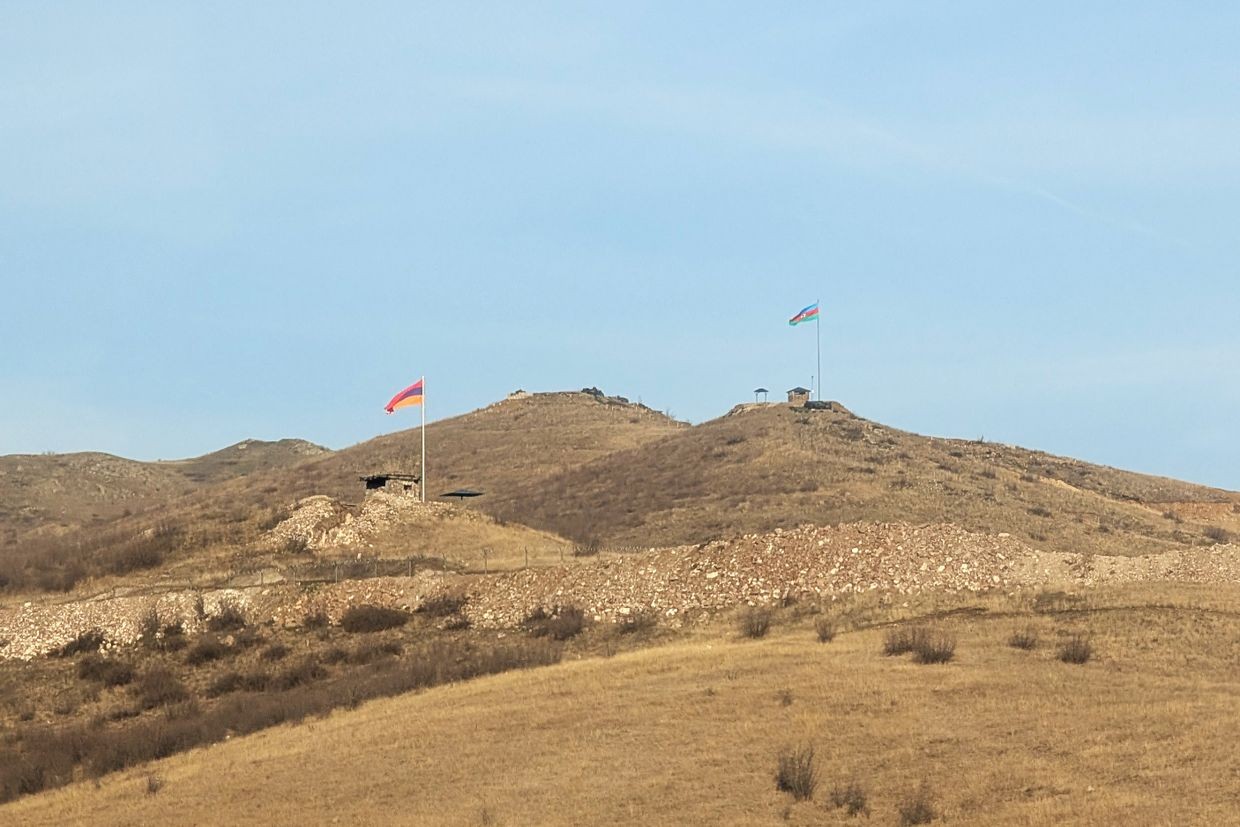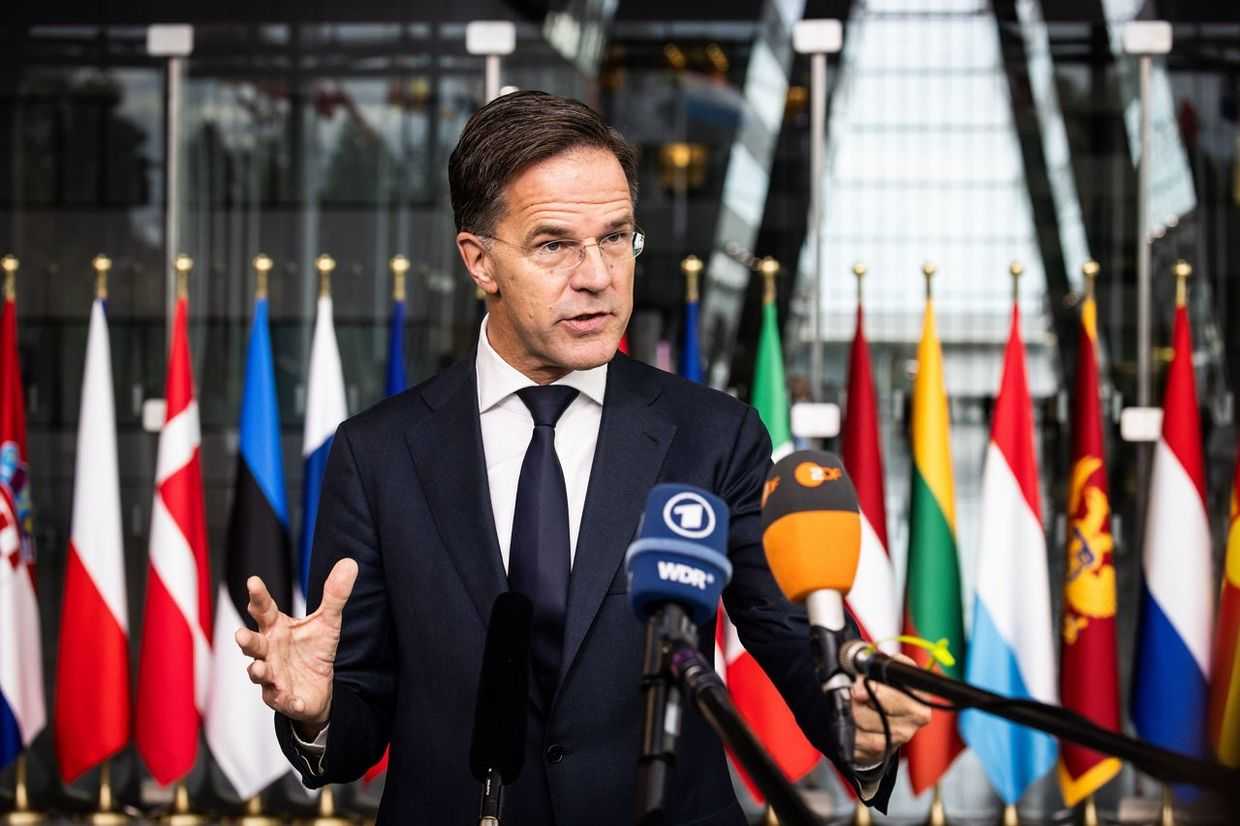
Armenia has again issued a denial that its armed forces have opened fire on Azerbaijani combat positions, thereby violating the ceasefire.
According to Azerbaijan’s Ministry of Defence, the Armenian Armed Forces opened fire on Azerbaijan’s combat positions in the southeastern section of the border on 2 April between 13:55–14:05.
Later on Wednesday, Armenia’s Defence Ministry released a statement, emphasising that Azerbaijan’s accusations did ‘not correspond to reality’.
The ministry additionally, as has become the norm in all denials published in response to Azerbaijani allegations, reiterated their reminder that the Office of the Prime Minister had proposed the establishment of a joint Armenia–Azerbaijan mechanism for the investigation of ceasefire violations, as well as their own offer to investigate ‘the facts’, should Azerbaijan provide evidence.
Wednesday’s episode was the latest in a series of such accusations launched days after Armenia and Azerbaijan separately announced that the sides agreed on the text of the peace treaty on 13 March — following which Azerbaijan pushed two preconditions for the signing of the historical deal.
From 16–21 March, Azerbaijan accused Armenia of violating the ceasefire at least 13 times, which Armenia repeatedly denied.
Following this, after roughly a week of silence, Azerbaijan resumed its accusations on 30 March, all of which were denied by the Armenian side.
Moreover, on Monday, Armenia in turn accused the Azerbaijani Armed Forces of opening fire towards a settlement in Syunik, ‘resulting in damage to a residential house’. Armenia’s Defence Ministry included photos of a broken window and of the bullet which reportedly caused the breakage.
The ministry noted additionally that no casualties were reported, but urged the Azerbaijani side to ‘conduct an investigation into the shelling of a residential building in Khnatsakh and to provide public clarifications regarding the incident’.
Against the backdrop of the most recent ceasefire accusation, Azerbaijani President Ilham Aliyev gave a joint press conference with German President Frank-Walter Steinmeier, during which he commented on the Armenia–Azerbaijan peace process, stating that ‘both sides showed good faith’.
Aliyev then went on to call the accusations that Azerbaijan does not want to sign the agreement ‘completely unfounded’.
‘As I have already noted, Azerbaijan was the initiator of this process. It was Azerbaijan that developed the basic principles, and we participated in these negotiations in good faith. If we did not want to sign the agreement, we would have set such an impossible condition that Armenia would not accept it’, Aliyev said.
Despite these comments, Aliyev went on to reiterate Azerbaijan’s preconditions — changing the Armenian Constitution and dissolving the OSCE Minsk Group — stating that they ‘are clear to Armenia and they are not new’.
‘Once these two conditions are met, there will be no obstacle to signing the peace treaty. As they say, the ball is in Armenia's court. If Armenia is genuinely interested in signing the peace treaty, it has to accept these two legitimate conditions of Azerbaijan’, Aliyev concluded.









